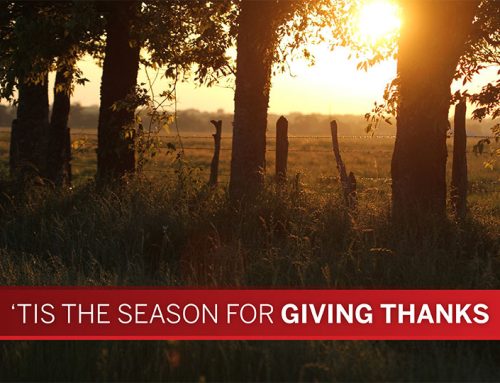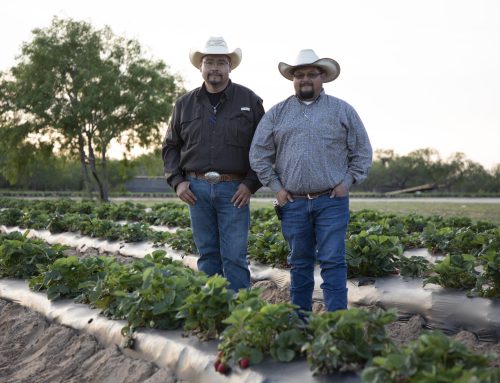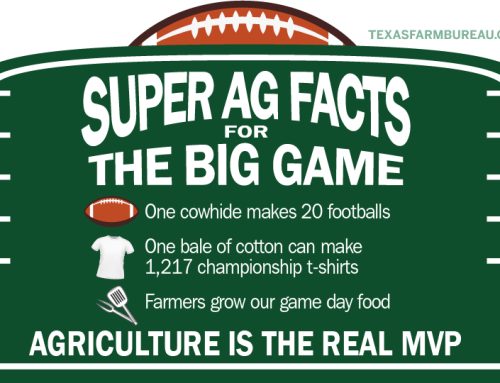By Jessica Domel
Do you fear your food? Lately, it seems as though every time I log onto Facebook or Twitter, there’s a new post from one of my friends detailing some new food issue that he/she wants the world to know about. While I appreciate my friends’ and acquaintances’ desire to keep us all in the loop about things that could affect our health, some days it really just leaves me scratching my head–mainly because it’s clear, in some instances, that what has been shared hasn’t been researched to ensure its accuracy.
In many cases, it’s not that the original post is a flat-out lie. It’s that the facts have been twisted or aren’t presented accurately and that bothers me. That’s one reason why I was pleased to see this post on NPR’s website about a food issue that was all over my Facebook timeline a week or two ago.
The original Facebook post alleged that a compound used in certain breads was also present in yoga mats. The correlation made was that if the same ingredients that are in bread are also in yoga mats that we are essentially eating yoga mats. When I first saw that, I thought, “Gross!” but then I thought about it. I use salt to season broth when I make soups. There’s also salt in homemade modeling compounds. That doesn’t mean that when I eat soup I am also eating Play-Doh.
The post, which went viral, made me think. Why do we live in a culture of food fear? I get that people want to know more about the foods they ingest every day to ensure they’re living a healthy lifestyle, but how many people actually take the time to research whether or not what they’re reading on Facebook is accurate? My hope is that it’s the majority. My fear is that only a minority verifies the veracity of a post before clicking the “share” button.
I don’t believe food companies or American farmers or ranchers would intentionally do something to harm us. After all, we’re their customers. There’s a symbiotic relationship. They grow and produce the foods we need, and in return, we keep them in business by purchasing their goods. They wouldn’t want to hurt their bottom line by harming their customers.
We don’t have to live in a culture of food fear. A little research and thoughtfulness in many of these instances can go a long way toward dispelling the myths and getting our important food questions answered.











Leave A Comment